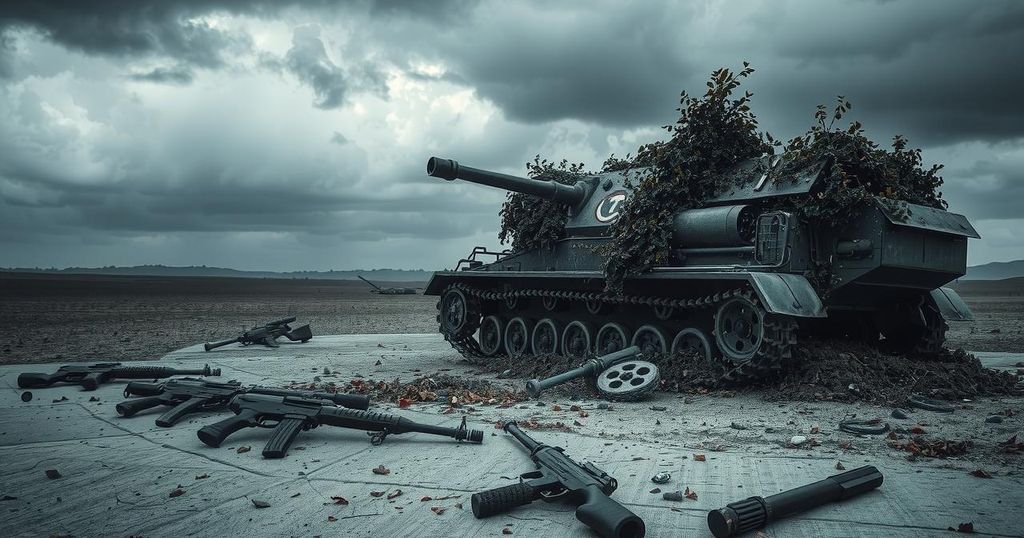North Korean troops sent to support Russian forces in Ukraine have reportedly decreased in number over the last few weeks due to high casualty rates. Initial troop estimates indicated around 12,000 sent, with half potentially injured or killed. Lacking combat experience, many troops have been described as disciplined yet high-risk due to their vulnerability in today’s warfare, especially without protective gear. Future operations involving these soldiers remain uncertain.
In recent weeks, reports have indicated a diminishing presence of North Korean soldiers in Ukraine as military engagement against Ukrainian troops continues in the Kursk region. Following a month of combat involvement, Colonel Oleksandr Kindratenko, a spokesperson for the Ukrainian Special Operations Forces, stated that as of late January, any North Korean participation appears to have significantly reduced, and their specific roles in Russia’s military operations may be re-evaluated.
Initially, Kim Jong Un reportedly sent around 12,000 North Korean troops to bolster Russian forces, with various estimates suggesting that half may have been lost, though these figures lack independent verification. Described as coming from a heavily militarized society yet inexperienced in actual combat, assessments of their effectiveness have varied, with some labeling them as “cannon fodder” while others acknowledged their discipline and weapon skills.
Information indicates that North Korean soldiers lack expertise in drone warfare, a central feature of the ongoing conflict. Nonetheless, these troops have displayed movement agility to avoid detection by drone surveillance. The Ukrainian forces have captured two North Korean POWs, and reports suggest that some soldiers resorted to suicide to evade enemy capture due to fears of repercussions against their families once back home.
Ukrainian President Volodymyr Zelensky has acknowledged the sentiments of the captured POWs, revealing differing desires to return home or remain in Ukraine. During their initial confrontations, North Korean troops suffered extensive casualties, often moving without essential protective gear, focusing largely on offensive maneuvers. Furthermore, their captured equipment has demonstrated that they are generally well-armed, exceeding armament levels typically associated with Russian soldiers.
Analysis of the recovered arms depicts a trend toward modernization, as these soldiers utilize advanced AK-12 rifles instead of the outdated AK-47. The ongoing absence of North Korean fighters from the battlefield raises questions about future operational timelines, with uncertain prospects regarding their return to combat and possible new deployments.
The involvement of North Korean troops in the Russo-Ukrainian conflict has drawn significant attention, particularly concerning their training, equipment, and combat effectiveness. The military alliance between North Korea and Russia, especially under the current leadership of Kim Jong Un and Vladimir Putin, suggests strategic interests at play. Ukraine’s encounters with these troops have highlighted logistical and operational challenges, especially regarding the integration of such forces in modern warfare tactics, including drone warfare and rapid infantry assaults.
The situation regarding North Korean military involvement in Ukraine remains fluid. As casualty rates have escalated and combat effectiveness debated, it remains to be seen how these soldiers will influence future Russian military strategies. The complexities of their engagement underline significant geopolitical dynamics, with North Korean troops facing dire circumstances as they continue to navigate unfamiliar battle conditions.
Original Source: www.newsweek.com






